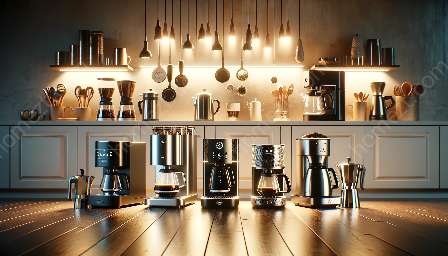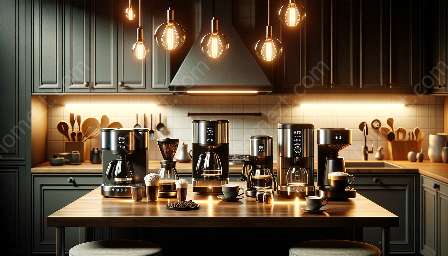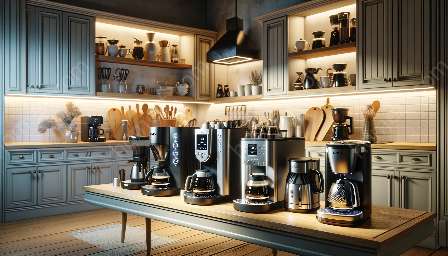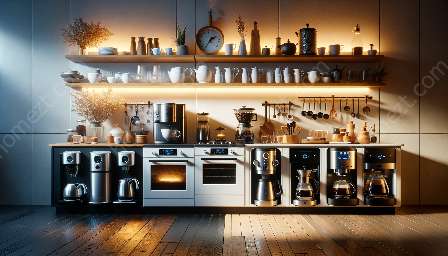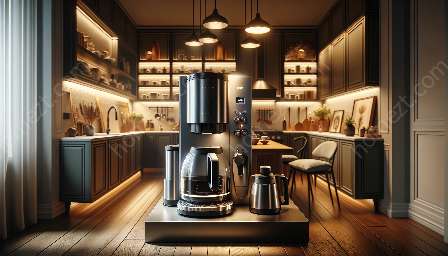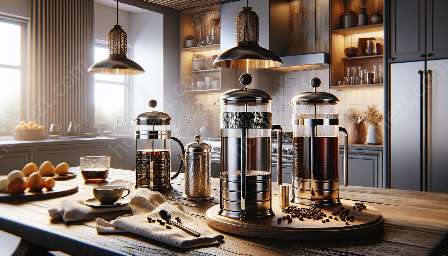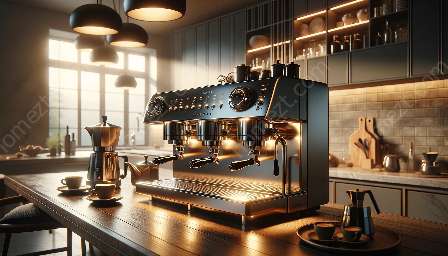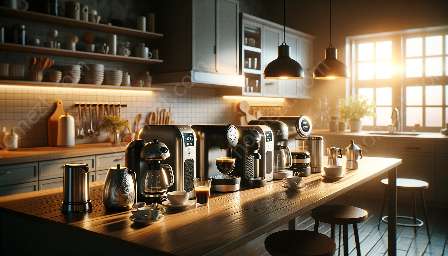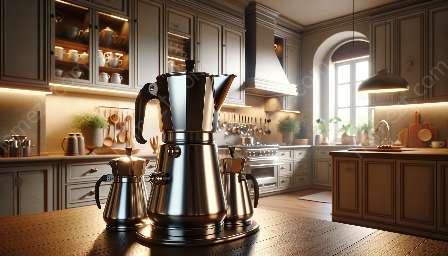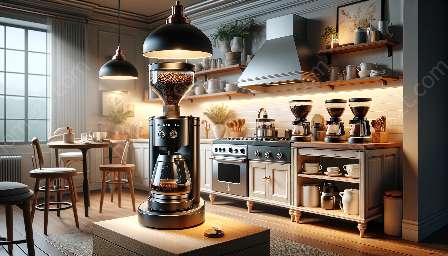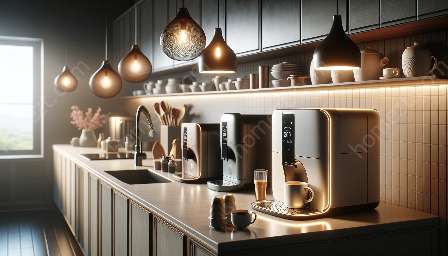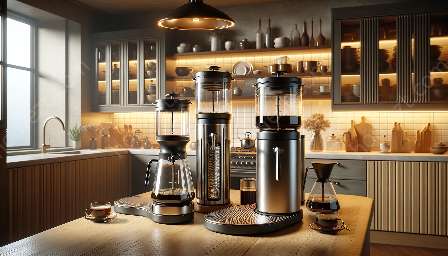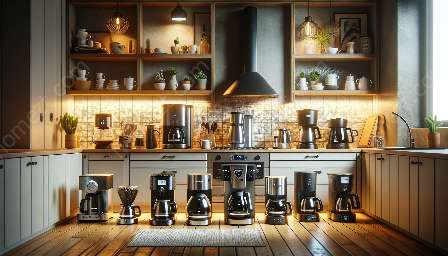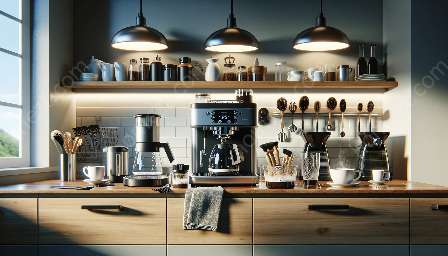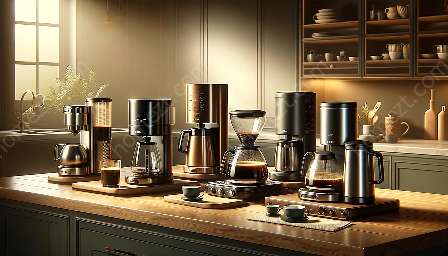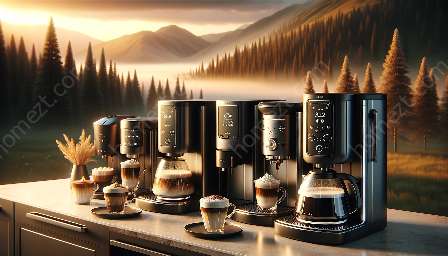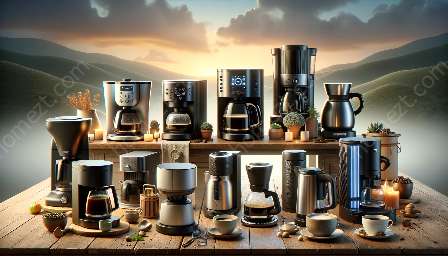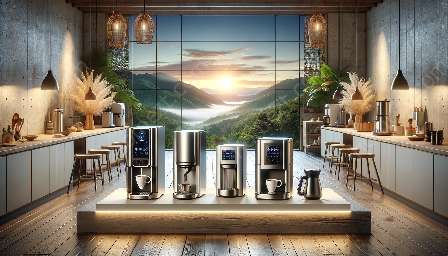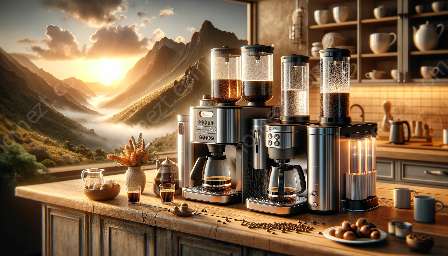If you’re a coffee lover, choosing the right coffee maker can have a significant impact on your daily caffeine fix. Two popular options on the market are automatic and manual coffee makers, each offering unique benefits and brewing experiences. In this comprehensive guide, we’ll explore the differences between these two types of coffee makers, their brewing methods, pros and cons, and help you choose the perfect one to suit your brewing style.
Differences Between Automatic and Manual Coffee Makers
Automatic coffee makers, also known as drip coffee makers, are designed to automate the brewing process, allowing users to quickly and effortlessly brew a pot of coffee. These machines typically require pre-ground coffee and are equipped with programmable features to set brewing times, strength settings, and keep the coffee warm for extended periods. On the other hand, manual coffee makers, such as pour-over or French press, provide a hands-on approach to brewing, giving users full control over the brewing variables, including water temperature, extraction time, and grind size.
Brewing Methods
Automatic coffee makers utilize a drip brewing process, where hot water is poured over the coffee grounds in a filter, allowing the brewed coffee to drip into a carafe beneath. This method is known for its convenience and consistency, making it a popular choice for busy individuals and offices.
Manual coffee makers, on the other hand, offer a more artisanal approach to brewing, with methods like pour-over, French press, AeroPress, and more. These methods often require attention to detail and precision in pouring water over the coffee grounds, resulting in a personalized and often more flavorful cup of coffee.
Pros and Cons
Automatic Coffee Makers:
- Pros: Convenient, programmable features, suitable for large quantities, consistent brewing.
- Cons: Limited control over brewing variables, requires pre-ground coffee, may not provide the same nuanced flavors as manual methods.
Manual Coffee Makers:
- Pros: Full control over brewing variables, opportunities for experimentation, potential for enhanced flavor profiles.
- Cons: Time-consuming, requires more attention to detail, may not be suitable for brewing large quantities.
Choosing the Right Coffee Maker
Ultimately, the decision between automatic and manual coffee makers comes down to personal preferences, brewing style, and lifestyle. If you’re someone who appreciates convenience and consistency, an automatic coffee maker might be the ideal choice. However, if you enjoy the process of crafting a cup of coffee and exploring different brewing techniques, a manual coffee maker could be the perfect fit.
Whether you opt for the convenience of automatic brewing or the hands-on experience of manual methods, both types of coffee makers offer unique benefits and the opportunity to savor delicious, freshly brewed coffee at home.

